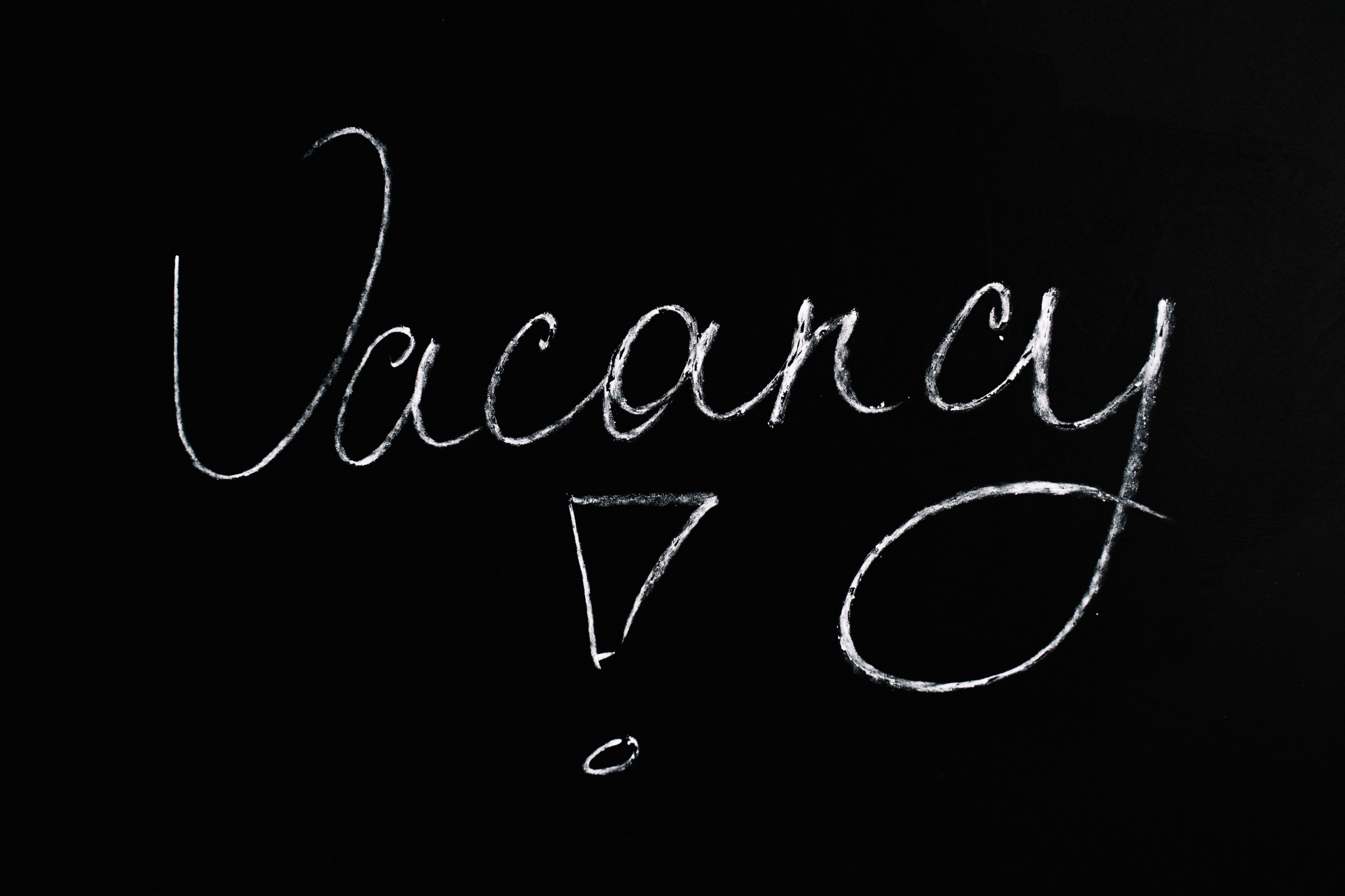The current job market is fiercer than ever, mostly due to the aftershocks of the pandemic and with recent research finding that over a third (38%) of employees are looking to change jobs within the next 6-12 months, we’re set to see a surge in movement in the jobs market. But this won’t just be contained to the UK – professional migration is also on the rise.
Professional migration has been increasing for years and while Covid-19 has slowed this trend over the past year, it’s something that we’ll see increasing again as the world reopens following vaccination programmes. This will impact how leaders hire candidates and where they hire them from, meaning there will be a greater need for additional background checks on candidates to ensure they are who they say they are and have the relevant qualifications and credentials for the job.
Therefore, this creates a greater need for primary source verification in order to ensure credentials are valid, and a more globalised approach to verification.
Historical data suggests that up to 85% of submitted CVs and job applications contain false information. Couple this with the fact that there are also thousands of unaccredited universities and diploma mills, and 300 counterfeit diploma websites, ensuring that you’re hiring a genuine applicant becomes incredibly difficult. We even found in our latest research that employment certificate fraud rates have increased by nearly 30% throughout the ongoing coronavirus pandemic, when compared to the same period of the previous year.
The highest trend for forgery has been found among allied health professionals and nurses – an industry in which it’s literally a question of life or death. Therefore, it is critical for those professionals to have the qualifications and skills they claim to have in their application validated. In order for organisations to protect themselves, their other employees and their customers and / or patients, verification is essential in the recruitment process.
Verification builds trust
Ultimately, verification is about instilling trust. We have a vast array of information available to us today, but how much can we really trust that information? Both professionally and personally, we come across streams of information, but how much of this has been verified? When hiring someone, we tend to look to their LinkedIn profiles for insights about their background, but they have complete control over that information and can write whatever they like without having to provide any proof of their credentials or any statements they’ve made about themselves.
The verification of information, such as a candidate’s credentials builds trust – a key component to any successful professional relationship. Building this trust will only become more important over the coming years as global professional migration increases and it becomes easier for individuals to falsify information.
The future of verification
While verification is completely necessary now, there’s huge potential for verification to further streamline the recruitment process across the globe. For example, currently, every time someone moves jobs in their careers, the hiring organisation has to verify their credentials with every move, costing them time and money. But, if industries were to become aligned and data sharing becomes more integrated, someone can be verified once in their career and use one verified document forever. In the long run, this will save organisations huge amounts of money and will also speed up their recruitment processes dramatically.
This is where I’d like to see the industry go, and powered by the right technologies, this could very well become a reality. For example, storing qualifications on blockchain technology reduces the constant churn of verification requests. The very nature of blockchain makes verifications immutable and means they can be used for the lifetime of that individual’s career.
Regardless of where the industry goes in the future though, there is a clear need for more stringent verification processes within recruitment currently – increased CV and certificate fraud rates, greater access to diploma mills and a greater desire to move jobs will all contribute towards a shift in how information is assessed and processed.









